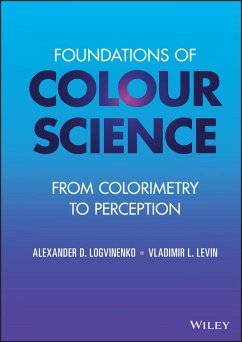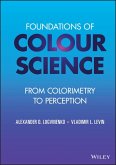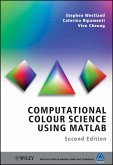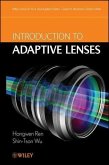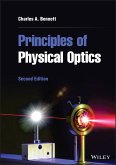Presents the science of colour from new perspectives and outlines results obtained from the authors' work in the mathematical theory of colour This innovative volume summarizes existing knowledge in the field, attempting to present as much data as possible about colour, accumulated in various branches of science (physics, phychophysics, colorimetry, physiology) from a unified theoretical position. Written by a colour specialist and a professional mathematician, the book offers a new theoretical framework based on functional analysis and convex analysis. Employing these branches of mathematics, instead of more conventional linear algebra, allows them to provide the knowledge required for developing techniques to measure colour appearance to the standards adopted in colorimetric measurements. The authors describe the mathematics in a language that is understandable for colour specialists and include a detailed overview of all chapters to help readers not familiar with colour science. Divided into two parts, the book first covers various key aspects of light colour, such as colour stimulus space, colour mechanisms, colour detection and discrimination, light-colour perception typology, and light metamerism. The second part focuses on object colour, featuring detailed coverage of object-colour perception in single- and multiple-illuminant scenes, object-colour solid, colour constancy, metamer mismatching, object-colour indeterminacy and more. Throughout the book, the authors combine differential geometry and topology with the scientific principles on which colour measurement and specification are currently based and applied in industrial applications. * Presents a unique compilation of the author's substantial contributions to colour science * Offers a new approach to colour perception and measurement, developing the theoretical framework used in colorimetry * Bridges the gap between colour engineering and a coherent mathematical theory of colour * Outlines mathematical foundations applicable to the colour vision of humans and animals as well as technologies equipped with artificial photosensors * Contains algorithms for solving various problems in colour science, such as the mathematical problem of describing metameric lights * Formulates all results to be accessible to non-mathematicians and colour specialists Foundations of Colour Science: From Colorimetry to Perception is an invaluable resource for academics, researchers, industry professionals and undergraduate and graduate students with interest in a mathematical approach to the science of colour.
Dieser Download kann aus rechtlichen Gründen nur mit Rechnungsadresse in A, B, BG, CY, CZ, D, DK, EW, E, FIN, F, GR, HR, H, IRL, I, LT, L, LR, M, NL, PL, P, R, S, SLO, SK ausgeliefert werden.

